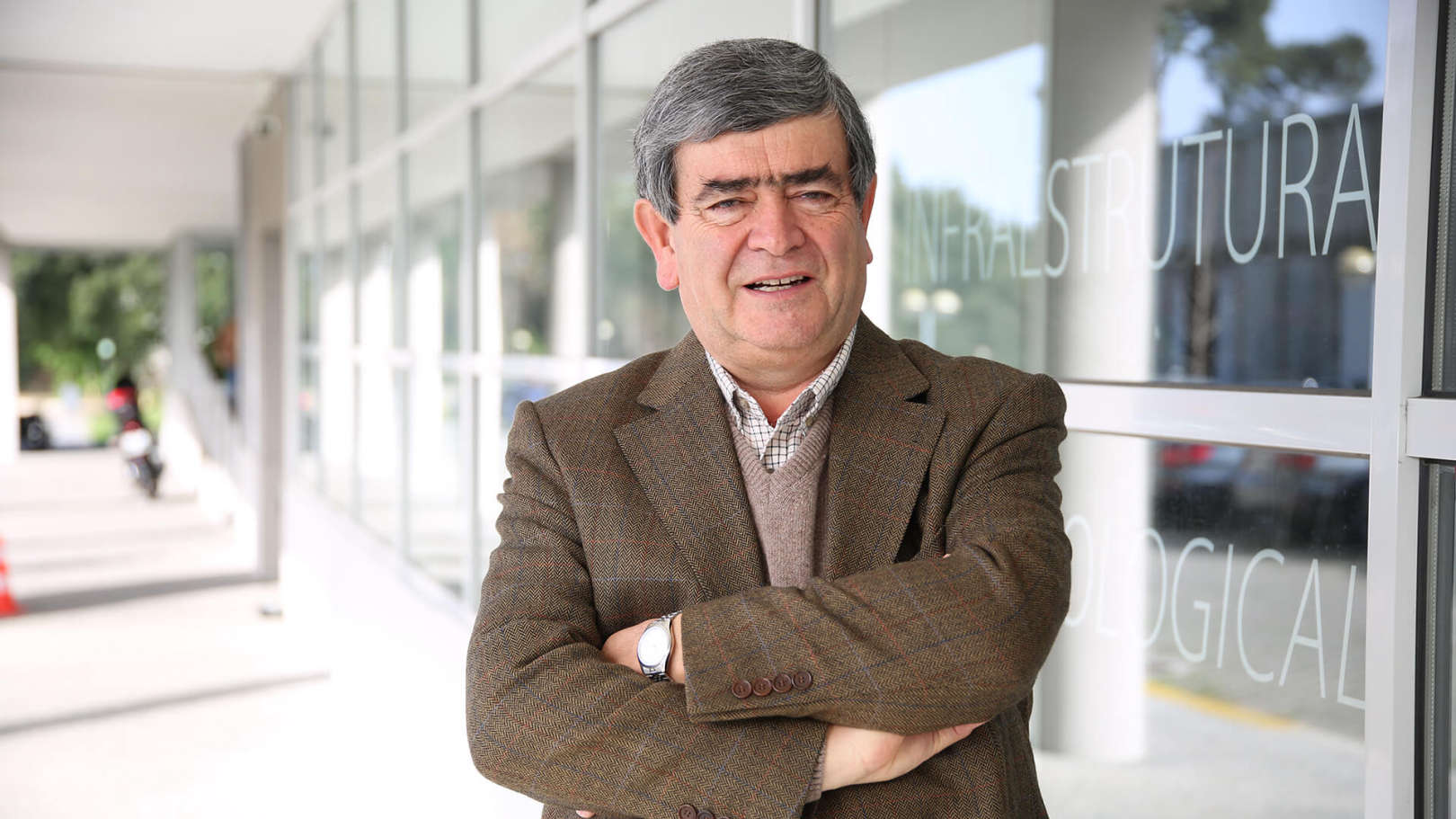Sobre
FERNANDO PIRES MACIEL BARBOSA nasceu no Porto e Licenciou-se em Engenharia Eletrotécnica na Faculdade de Engenharia da Universidade do Porto, em janeiro de 1972. Obteve o M.Sc. em outubro de 1977 e o Ph.D. em dezembro de 1979 no UMIST (Manchester).
Ingressou, como docente, em janeiro de 1972 no Departamento de Engenharia Eletrotécnica e dos Computadores (área de energia) da Faculdade de Engenharia da Universidade do Porto, sendo Professor Catedrático desde março de 1989. Leccionou diversos cursos em Universidades Europeias na sua área.
Foi o responsável por vários projectos de investigação, nomeadamente projectos internacionais apoiados pela Comunidade Europeia. Actualmente é colaborador do INESC TEC, estando inserido no CPES - Centro de Sistemas de Energia.
Foi o orientado de diversas Teses de Doutoramento e de Mestrado. É autor de mais de 200 publicações científicas publicadas em Jornais e Revistas Científicas ou em “Proceedings” de Congressos Científicos Nacionais e Internacionais. Esteve ligado à organização de diversos Congressos Científicos Nacionais e Internacionais.
Foi o Presidente do Departamento de Engenharia Electrotécnica e de Computadores durante 6 anos e o Coordenador da Secção de Energia do Departamento durante oito anos. Ocupou diversos lugares nos órgãos diretivos da Faculdade e da Universidade.
De fevereiro de 1995 a fevereiro de 2001 fez parte da Comissão de Admissão e Qualificação da Ordem dos Engenheiros, sendo, nesse período, o presidente da Comissão de Acreditação das Licenciaturas de Engenharia Electrotécnica. Foi vogal do Conselho Disciplinar da Região Norte da Ordem dos Engenheiros de março de 2001 a março 2007.
Fez parte da comissão de Avaliação Externa do Ensino Superior Politécnico no ano de 2000/01 e 2002/03.
Cumpriu o Serviço Militar obrigatório, na Arma de Engenharia, de janeiro de 1973 a abril de 1975.
É Membro de várias associações Profissionais Nacionais e Estrangeiras sendo nomeadamente Membro Conselheiro da Ordem dos Engenheiros e Membro Sénior do IEEE. É auditor de Defesa Nacional e membro da Associação Nacional de Auditores de Defesa Nacional.


